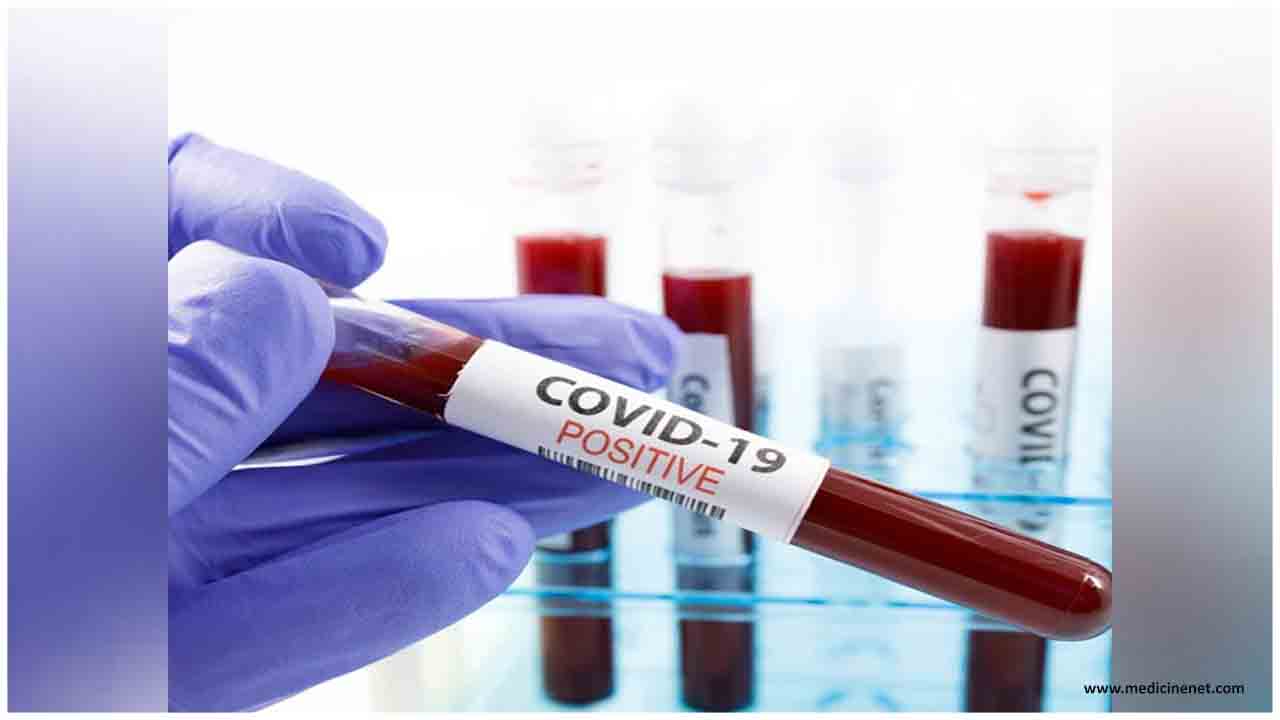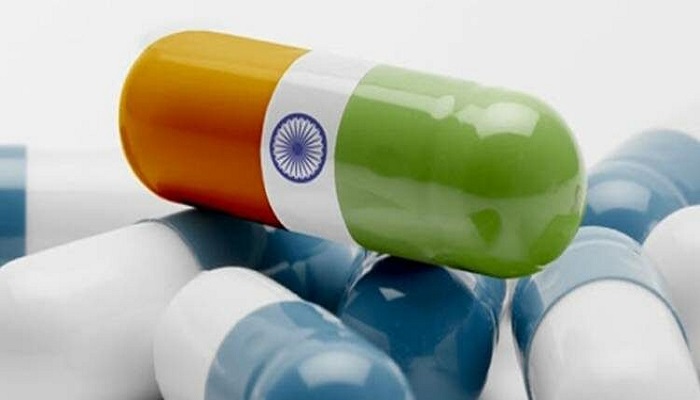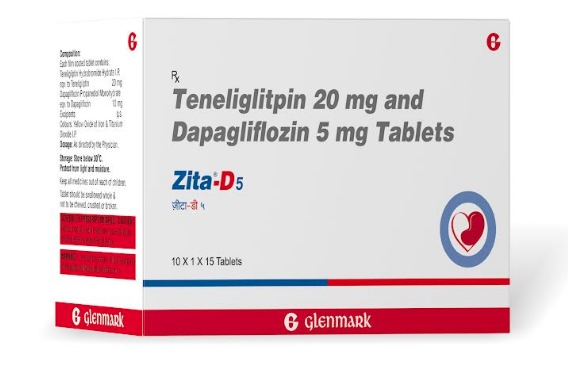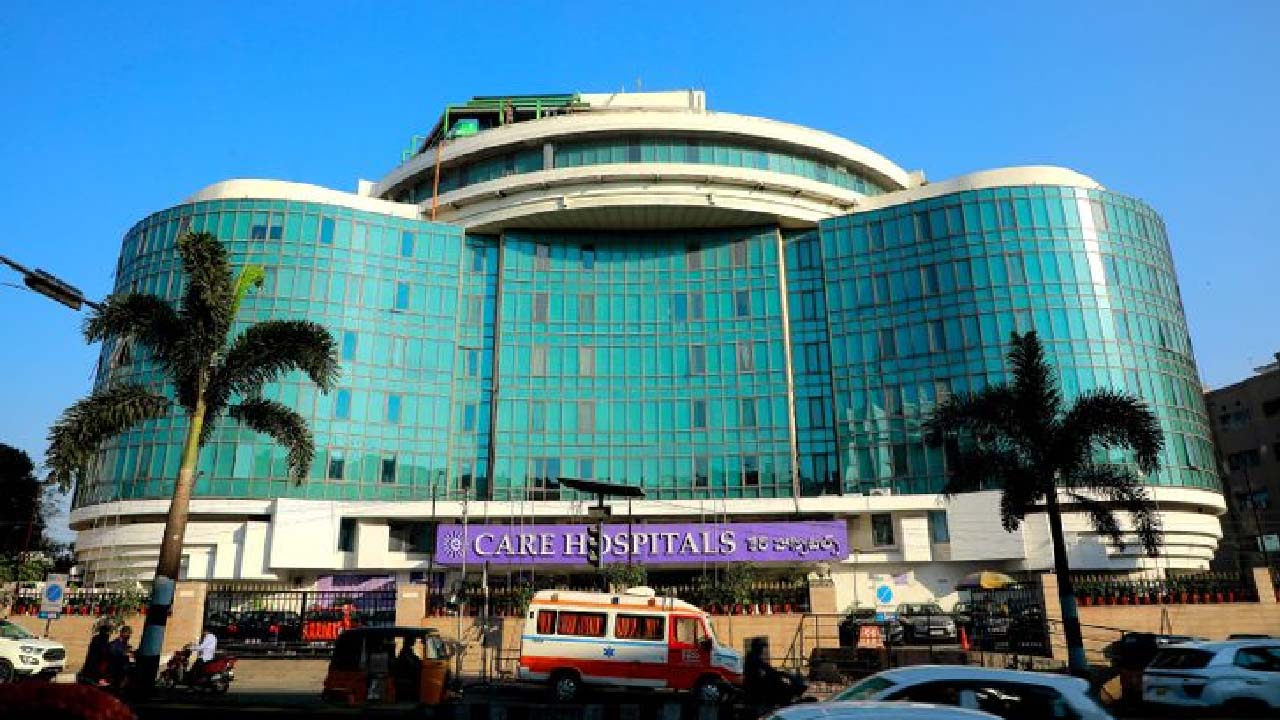Researchers have discovered 27 key proteins in the blood of individuals tainted with COVID-19 which they state could go about as prescient biomarkers for how sick a patient could become with the sickness.
In an investigation distributed in the diary Cell Systems on Tuesday, researchers at Britain's Francis Crick Institute and Germany's Charite Universitaetsmedizin Berlin discovered the proteins are available in various levels in COVID-19 patients, contingent upon the seriousness of their side effects.
The markers could prompt the advancement of a test that would assist specialists with anticipating how sick a patient may get when contaminated with the new SARS-CoV-2 coronavirus, they stated, and could likewise give new focuses to the improvement of potential medicines for the ailment.
Recombinant SARS-CoV-2 Proteins
The nucleocapsid protein (N-protein) and spike protein (S-protein) are encoded by all coronaviruses, including the coronavirus (SARS-CoV-2, COVID-19) that was first distinguished in Wuhan City, China, in December 2019. Both recombinant types of these proteins are currently accessible from RayBiotech to progress irresistible infection inquire about (Figures 1 and 2).
Nucleocapsid Protein (N-Protein)
The nucleocapsid protein (N-protein) is an auxiliary protein that ties to the coronavirus RNA genome, in this way making a shell (or capsid) around the encased nucleic corrosive. The N-protein additionally 1) interfaces with the viral layer protein during viral get together, 2) aids RNA union and collapsing, 3) assumes a job in infection maturing, and 4) influences have cell reactions, including cell cycle and interpretation.
Spike Protein (S-Protein)
The spike protein (S-protein) performs two essential undertakings that guide in have contamination: 1) intercedes the connection between the infection and host cell surface receptors, and 2) encourages viral section into the host cell by aiding the combination of the viral and host cell layers.
The COVID-19 pandemic has murdered in excess of 374,000 individuals worldwide and contaminated more than 6.7 million.
Specialists and researchers state those tainted with SARS-CoV-2, the infection that causes COVID-19, react in an unexpected way - with some building up no side effects by any means, while others should be hospitalized and others endure deadly contamination.
"A test to assist specialists with foreseeing whether a COVID-19 patient is probably going to get basic or not would be priceless," said Christoph Messner, a specialist in atomic science at the Crick Institute who co-drove the exploration.
He said such tests would assist specialists with choosing how best deal with the sickness for every patient, just as recognize those most in danger of requiring medical clinic treatment or concentrated consideration.
Messner's group utilized a technique called mass spectrometry to quickly test for the nearness and amount of different proteins in blood plasma from 31 COVID-19 patients at Berlin's Charite emergency clinic. They at that point approved their outcomes in 17 different patients with COVID-19 at a similar emergency clinic, and in 15 solid individuals who went about as controls.
Three of the key proteins distinguished were connected with interleukin IL-6, a protein known to cause aggravation and furthermore a known marker for extreme COVID-19 side effects.

 Doctors and scientists say those infected with SARS-CoV-2, the virus that causes COVID-19, respond differently
Doctors and scientists say those infected with SARS-CoV-2, the virus that causes COVID-19, respond differently



















.jpeg)









.jpg)




.jpg)




